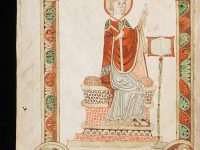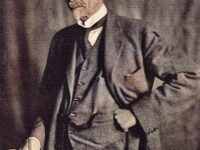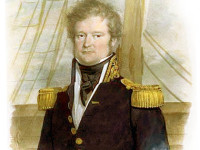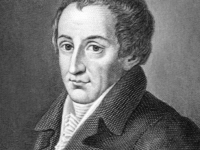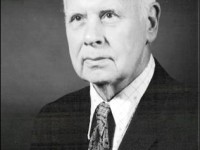Thomas Mann and the illustrious Mann Family
On June 6, 1875, German novelist, short story writer, social critic, philanthropist, and Nobel Laureate Thomas Mann was born. His highly symbolic and ironic epic novels and novellas, are noted for their insight into the psychology of the artist and the intellectual. His older brother was the radical writer Heinrich Mann and three of his six children, Erika Mann, Klaus Mann and Golo Mann, also became important German writers. “Space, like time, engenders…
Read more


